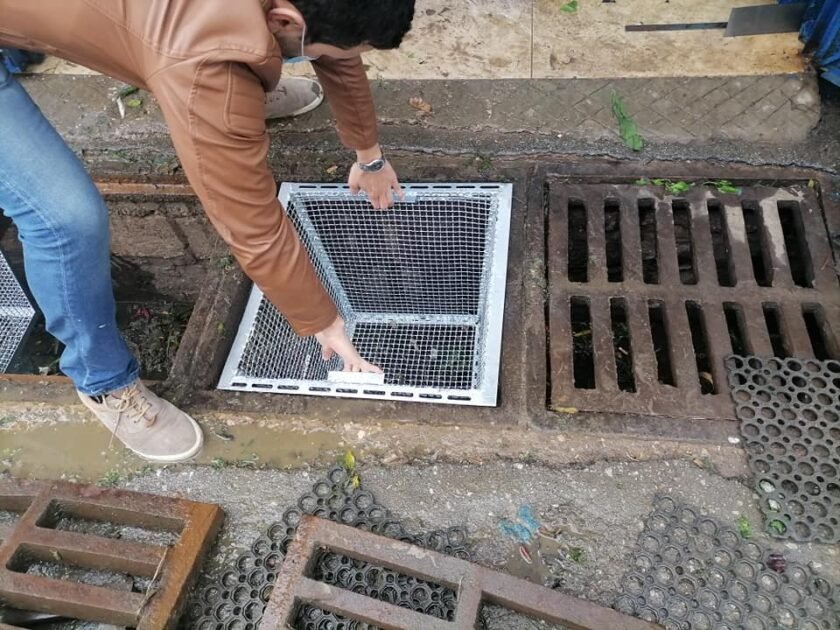Tunisia needs to encourage investment in waste-to-energy projects to tackle a massive power supply gap of nearly 60 %, an energy official said on Wednesday.
Incentives for such projects include the purchase of their production by the state-owned Tunisian Electricity and Gas Company, said Wael Chouchane, secretary of state for energy transition at the Ministry of Industry, Mines and Energy.
Chouchane told the media at a local seminar on Tuesday that bio-gas should be one of the main sources to tackle the power shortage. Tunisia should also slash electricity imports, mostly from Algeria, he said.
He said that bio-gas, a renewable energy source produced from raw materials, provides only around 5 % of Tunisia power consumption.
“We need to devise a plan to incentivise investors and industrialists to invest in waste-to-energy projects to better utilise waste in Tunisia. We need to bridge the power production deficit, which reached nearly 60 % in 2019,” Chouchane said.
“I believe that the next step we should take is to prepare that plan and present it to the cabinet for approval. It will then be presented to the president for final endorsement. The plan must include procedures to facilitate investment in such projects, which will allow the government to resolve this uncomfortable power gap.”
In late 2004, the Ministry of Industry, Mines and Energy said it has plans to allocate around 7.1 billion Tunisian dinars ($2.2 billion) for the development of the power sector in 2025.
The ministry said in a report that the aim is to expand reliance on solar and wind power to 35 % in the next six years and slash electricity imports from Algeria and Libya.
The expectation is that solar and wind energy projects will enable Tunisia to produce nearly 4,850 megawatts (MW) of green electricity by 2030. According to the report, the ministry’s target is to expand the use of renewable energy sources to 30 percent of the total energy mix by 2030.
Tunisia has also announced its intention to launch its first hydrogen production projects starting in the South-Eastern Gabès Governorate in 2030.
Chouchane said in late 2024 that Gabès has been identified as a “pivotal point” in this strategy due to its proximity to production sites and its commercial port, offering a practical connection to European markets.
TunisianMonitorOnline (NejiMed)




